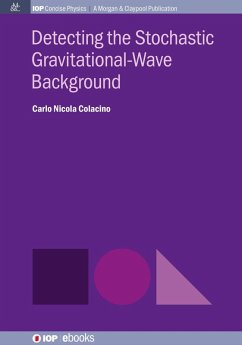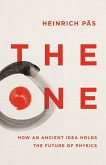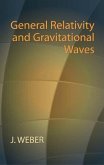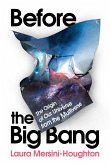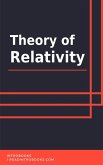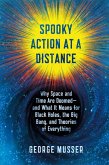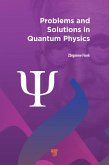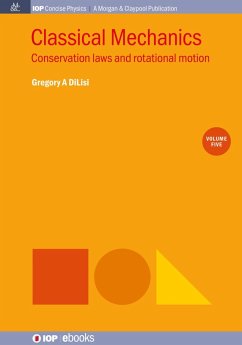The stochastic gravitational-wave background (SGWB) is by far the most difficult source of gravitational radiation detect. At the same time, it is the most interesting and intriguing one. This book describes the initial detection of the SGWB and describes the underlying mathematics behind one of the most amazing discoveries of the 21st century. On the experimental side, it would mean that interferometric gravitational-wave detectors work even better that expected. On the observational side, such a detection could give us information about the very early universe - information that could not be obtained otherwise. Even negative results and improved upper bounds could put constraints on many cosmological and particle physics models.
Dieser Download kann aus rechtlichen Gründen nur mit Rechnungsadresse in A, D ausgeliefert werden.

